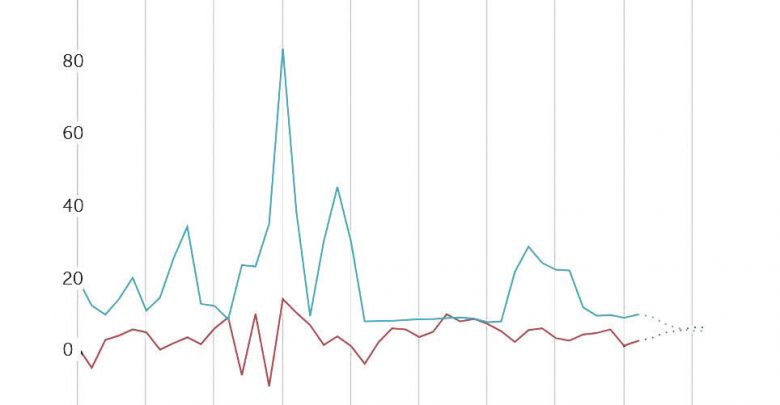
IMF Slashes Malawis Growth Projections.

The International Monetary Fund (IMF) has revised downwards Malawi’s growth projection for 2021 to 2.2 percent from an earlier estimate of 2.8 percent.
The Breton Woods institution attributes the revision to severe effects of the Covid pandemic to the economy and a debt burden Malawi is grappling with.
The IMF further believes inflation will average 9.5 percent for the year from 8.6 percent in 2020, driven by increases in prices of fuel, fertiliser and food commodities.
This is coming against a record low gross domestic Product (GDP) growth of 0.9 percent in 2020.
A statement issued by the IMF on Friday observes those social spending needs, a high debt burden and limited budget support were contributing to sustained fiscal and current account deficits.
The fund stresses the need for the country to strengthen public sector governance, restore debt sustainability and rebuild fiscal and external buffers.
During virtual consultations with Treasury authorities last week, Head of Mission Mika Saito, however, said Malawi’s economy was showing signs of recovery as daily Covid positive cases remain relatively low, but the recovery is gradual.
“Urgent needs are to address the humanitarian situation, restore debt sustainability and rebuild fiscal and external buffers. Support from development partners will be critical.
“In the mission’s view, it would be beneficial for Malawi to anchor its fiscal programme in a way that stabilises its debt quickly. Given already pressing debt service needs, delaying adjustments will exacerbate pressures down the road,” Saito said.
She recommended redoubling efforts on domestic revenue mobilisation, reprioritising expenditure through curtailing growth in wages while safeguarding capital spending, reforming the Affordable Input Program (AIP) and goods and services and reducing non-critical spending.
Saito said realism in budget forecasts and public financial management reforms would help Malawi contain fiscal deficits and debt.
“Allowing for greater exchange rate flexibility and strengthening the monetary and fiscal policy stance would help address chronic foreign exchange shortages and potential inflationary pressures. Developing a well-functioning and transparent foreign exchange interbank market and formulating a foreign exchange reserve management strategy are also critical,” she said.
In an interview, Economics Association of Malawi Executive Director Frank Chikuta said a 2.2 percent growth projection was low.
“[2.2 percent] is on the lower side given the bumper harvest in 2021, recovery in the sectors most hit by the Covid pandemic and the significant public sector investment in infrastructure projects,” Chikuta said.
In a separate interview, spokesperson in the Ministry of Finance Williams Banda maintained the government’s projection of 3.8 percent.
“We remain confident that the economy will rebound to 3.8 percent in 2021 and the minister (Felix Mlusu) will highlight more on the subject in Parliament which starts meeting Monday,” Banda said.
The local economy continues to be affected by global economic trends witnessed by the recent rise in commodity prices.
The impact has also been reflected on the macroeconomic scene with the weakening of the Kwacha against the dollar and continued rise in inflation rate, currently at 9.47 percent.
SOURCE: THE TIMES GROUP